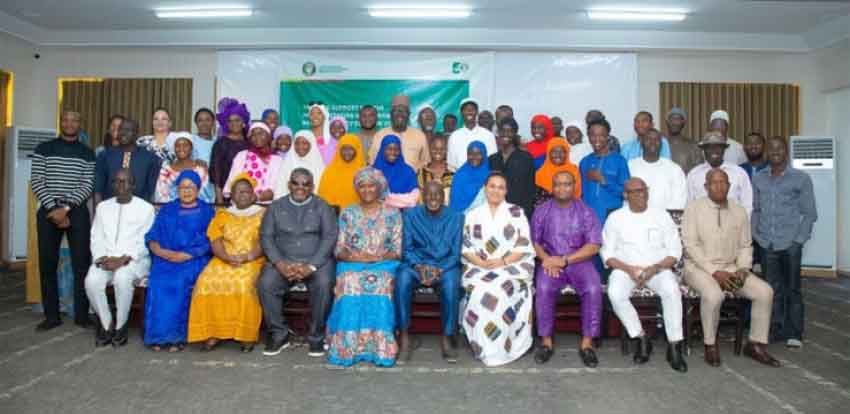By Lamin B. Darboe
The Director of Private Sector, Dr Anthony ELUMELU of the Economic Community of West African States (ECOWAS) Commission, has reaffirmed the Community’s ambition to stimulate 10 million intra-community tourist movements annually by 2029.
Dr ELUMELU stated this at the closing session of a five-day high-level regional training workshop on responsible tourism and the free movement of persons, held in Banjul, The Gambia.
The training, organised by ECOWAS Commission, culminated in a series of substantive recommendations aimed at transforming policy into practice.
Delegates advocated for the decentralisation of future training initiatives to ensure the inclusion of rural and border communities, which are pivotal to the regional mobility landscape. They also called for strengthened institutional collaboration with immigration and border management authorities, and proposed the introduction of cross- border simulation exercises to assess and reinforce the operational effectiveness of the ECOWAS Protocol on Free Movement of Persons, Goods and Services.
The workshop underscored The Gambia’s strategic role as a leading tourism hub within the ECOWAS region. The sector contributes approximately USD 85 million annually to the national economy—accounting for 20% of GDP—while providing around 42,000 direct jobs and additional 40,000 indirect jobs. The choice of The Gambia as the host country reflects its significance in fostering regional tourism cooperation.
Bringing together tourism professionals and policymakers from across ECOWAS Member States, the workshop formed part of the broader implementation of the ECOTOUR Policy. This initiative aimed to strengthen intra-regional tourism, enhance the competitiveness of the private sector, and ensure that tourism contributes at least 12% to the GDP of Member States. Key priorities include harmonising hotel classification systems, promoting cross-border tourism circuits, and facilitating mobility for tourism professionals under ECOWAS free movement frameworks.
Through this initiative, the ECOWAS Commission has once again underscored its resolve to advance a tourism sector that is inclusive, resilient and transformative—driving not only economic opportunity but also deepening cultural understanding, social cohesion, and shared prosperity throughout West Africa.







